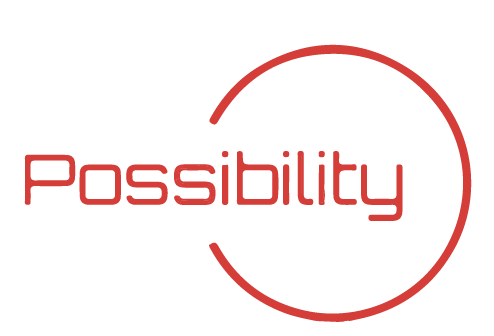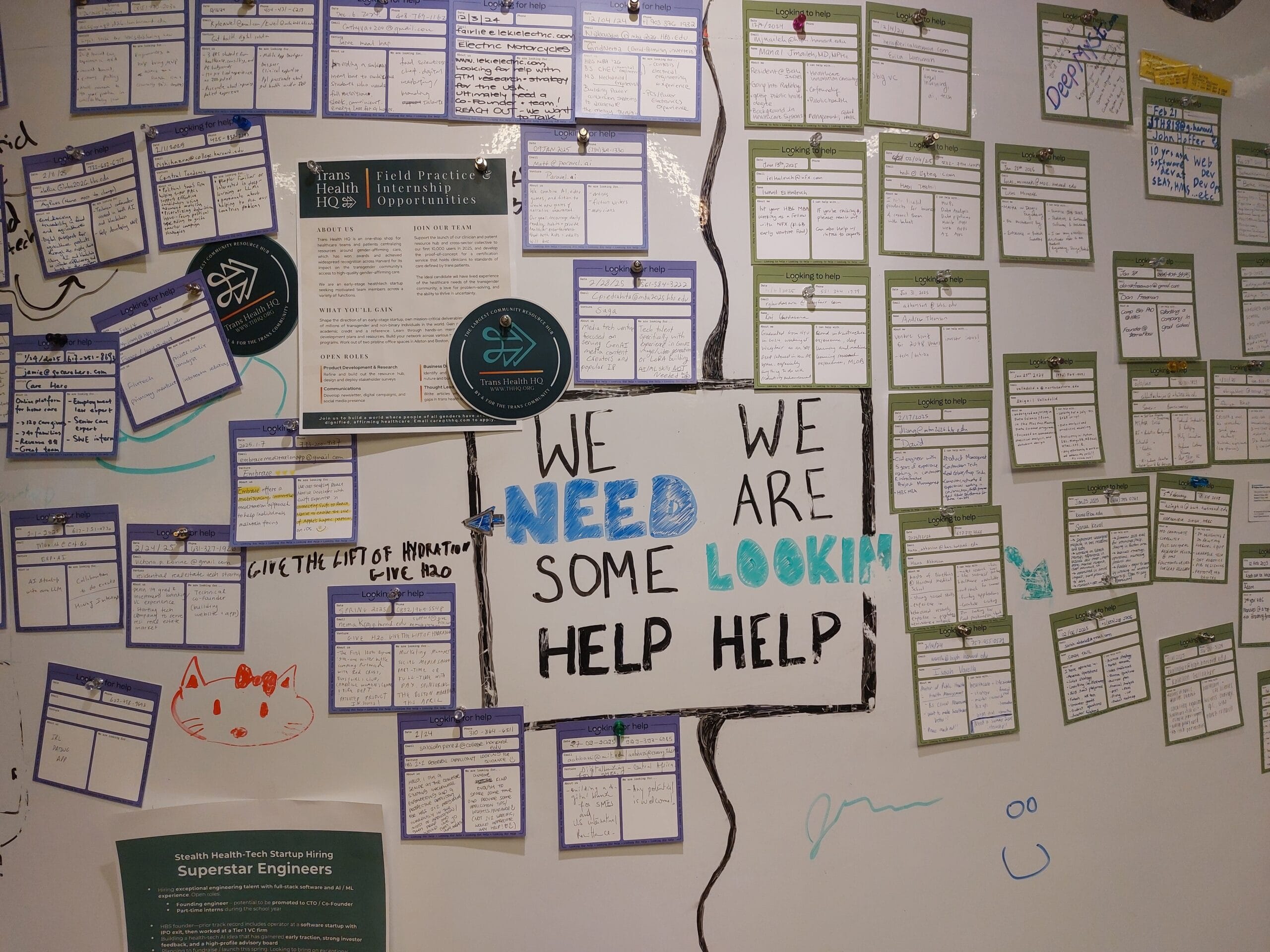One of the most common frustrations we get from working with clients around the world regardless of the culture is the way their father conducts businesses and treats them. It’s not uncommon to hear clients struggle with a controlling father, and in some cases a narcist, who doesn’t listen to the opinions of others and lives by “my way or the highway”.
Working with “Controlling” Generation
It can be very challenging to work in such environment especially for the next generation who brings new ideas, ways of thinking and perspectives. Very often in this situation, communication becomes a constant struggle where the father tries to dominate the other with their opinions and show the younger generation (or peers of the same generation) that they don’t know. The younger generation does not feel heard and as a result tries to figure their own thing out on and push it in a way that as much as possible doesn’t intersect with what the father is doing. What makes things more complicated is when the business is doing well financially. This reinforces the father’s position: “see I told you I was right. You need to listen to what I say otherwise we won’t gain money”. Furthermore, this undermines the other side and even adds more to the frustration and can even generate self-doubt for moments where the young generation consider becoming more “obedient”. In many cases, the family ends up splitting where the younger generation – fed up with all the toxicity – leaves the company or sells their shares. This is one of the reasons only 1 in 10 family companies make it past the 3rd generation (John Ward, 2011). However, as logical as it may sound, there is a catch to this view.
Nicoles Story With Her Dad
To paint a picture of how challenging the situation can be, let’s look at an example of Nicole, a 31 year old high achieving daughter who is working with her father in their company of 280 people in the alps of northern Italy. Nicole feels pretty confident about how the business should run. She appreciates team work and is striving to build a collaborative culture that fosters personal and professional growth. For her father, this is all “fluff”. The business has been growing due to the strategies he implemented and he plans to continue implementing the strategies he had from before. Although he keeps telling her daughter that she will be the one to take over and that he wants her involved, he keeps making all the decisions himself. He also questions everything she does. There has been several times where she spent over 50 hours that week analyzing different options in a structured way to make decision only for her father to barge in and decide on behalf of the whole team with little to no data. On one side she has her professional dreams for herself and the company and on the other hand she feels frustrated and disempowered as she works with her father. Over time, Nicole found herself falling into a pattern of pushing her ideas aggressively or withdrawing entirely. She often told herself, “He doesn’t trust me, so why should I trust myself?” This belief, rooted in years of interactions, became the lens through which she viewed every conflict, amplifying her feelings of inadequacy. When Nicole sought support what she discovered was a different reality.
Going to the root of the issue: uncovering the past
As we worked with Nicole, it became clear that her frustration with her father wasn’t just about his current behavior. It was rooted in a story she had created as a child.
When Nicole was five years old, she vividly remembered an experience that shaped her relationship with her father. She had spent hours drawing a picture she was immensely proud of—a colorful depiction of their family at the beach. When she showed it to her father, he glanced at it, gave a brief “that’s nice,” and went back to reading the newspaper.
In that moment, young Nicole concluded, “What I create isn’t good enough. My dad doesn’t trust me, so I can’t trust myself.”
This belief wasn’t the result of malice or neglect—her father likely had no idea how his reaction affected her. But for Nicole, the experience planted a seed of doubt that grew over time. As she got older, every interaction that echoed that moment reinforced the story she had created.
The Turning Point: Recognizing the Real Trigger
When Nicole saw how this childhood story was shaping her current reality, she experienced a profound breakthrough. She realized that her frustration with her father wasn’t about the decisions he was making in the business—it was about the unhealed wound of feeling dismissed and unworthy of trust.
This awareness allowed Nicole to separate the facts of her father’s behavior from the story she had created about it.
“Taking responsibility for your old story isn’t about blame—it’s about reclaiming your power.”
She began to see that his actions weren’t a reflection of her worth or competence but were rooted in his own habits and fears. More importantly, she saw that the belief “I can’t trust myself” was no longer serving her.
Nicole’s breakthrough didn’t stop at recognizing her story. She also took responsibility for the way this belief had shaped her behavior. She acknowledged how it had led her to:
- Hesitate to fully own her decisions, often seeking validation from her father.
- React emotionally when he dismissed her ideas, reinforcing his perception of her as inexperienced.
- Avoid direct conversations about their dynamic, instead trying to work around him
Taking responsibility didn’t mean blaming herself—it meant owning her part in the dynamic and choosing to create a new way forward.
The Conversation That Changed Everything
Nicole approached her father for a conversation, this time with a new perspective. She began by expressing gratitude for his contributions:
“Dad, I want to start by saying how much I respect everything you’ve done for this business and for our family. I know how much this company means to you, and I’m grateful for everything you’ve taught me.”
She then took responsibility for her role in their dynamic:
“I also realize that I’ve been holding onto some stories about myself and about us. When I was little, I told myself that you didn’t trust me and that I couldn’t trust myself. That story has influenced how I’ve shown up in our work together. At times, I’ve hesitated to fully step into my role, or I’ve pushed my ideas in ways that probably felt like I wasn’t respecting yours. I want to take responsibility for that because I see now that those stories aren’t true and don’t serve either of us.”
“No, your father isn’t triggering you—your five-year-old self is”
Finally, Nicole introduced a new possibility:
“What I want is for us to move forward differently. I’m committed to trusting myself fully and leading with clarity and conviction. At the same time, I deeply value your experience and want us to work together in a way that honors both of our strengths. What would it look like for us to collaborate as a team where we both feel heard and respected?”
This conversation marked a turning point for Nicole and her father. By taking responsibility for her old way of being, Nicole modeled the leadership she wanted to embody. Her father, initially resistant, began to see her in a new light—not as the little girl who needed guidance but as a capable leader with her own vision.
Over the next few months, Nicole continued to reinforce this shift by:
- Trusting Herself: Making decisions confidently and taking ownership of their outcomes.
- Engaging Her Father: Actively seeking his input while maintaining her own perspective.
- Reframing Setbacks: Viewing conflicts as opportunities to grow rather than as proof of her inadequacy.
“What would be possible if you trusted yourself fully?”
Their relationship didn’t change overnight, but the dynamic began to shift. Nicole’s father started to trust her more—not because she demanded it, but because she demonstrated it. Together, they began to create a culture of collaboration that honored both their strengths.
The Lesson: It’s Within Your Control
Nicole’s story is a powerful reminder that our triggers are rarely about the present—they’re echoes of the past. The stories we create as children can shape our lives, but they don’t have to define us. By taking responsibility for her part in the dynamic and choosing a new way of being, Nicole transformed her relationship with her father and stepped into her full potential as a leader.
For anyone navigating family dynamics in a business, the message is clear: The past doesn’t have to define your future. The moment you take responsibility for your part in the story, you unlock the possibility of creating something entirely new.







